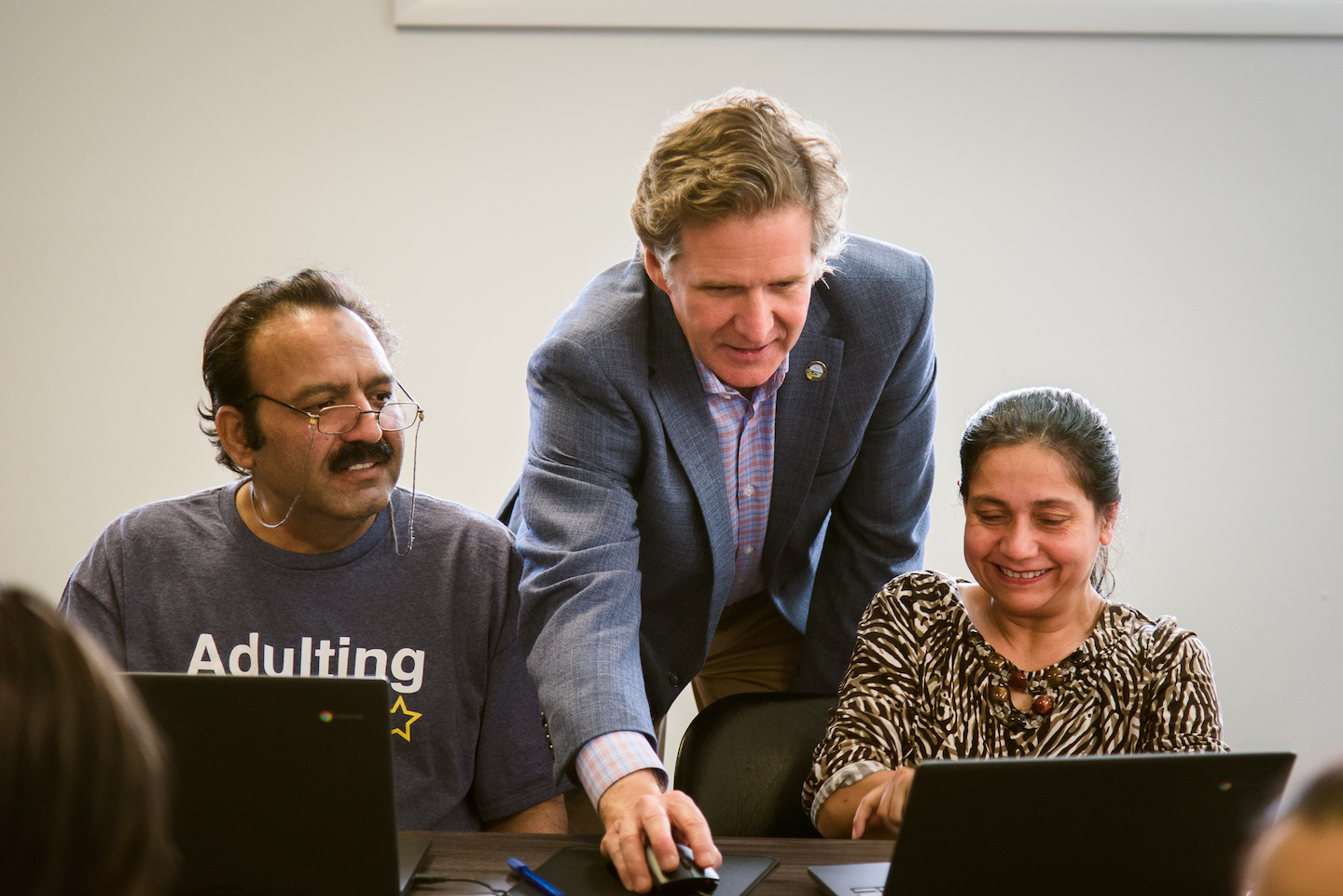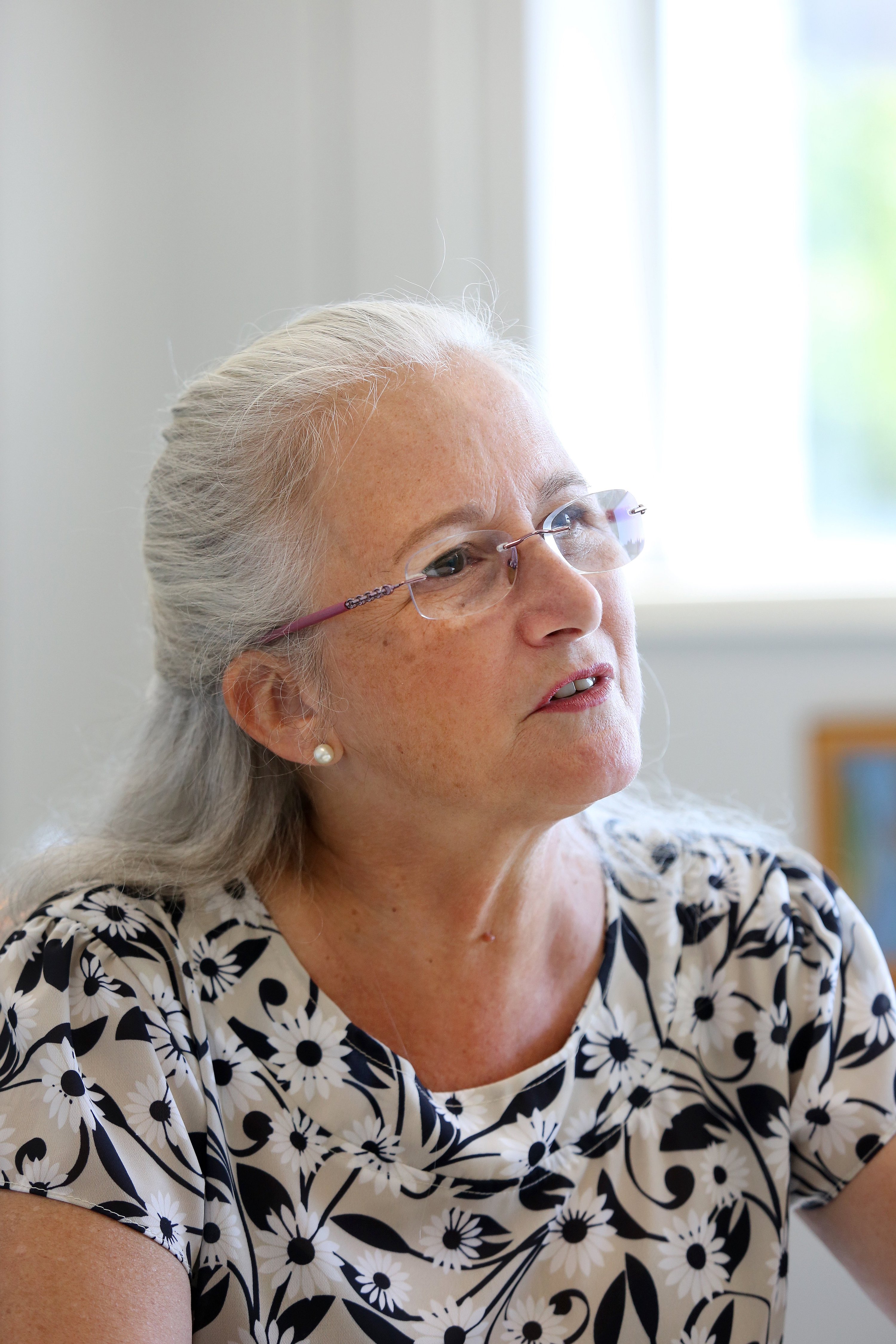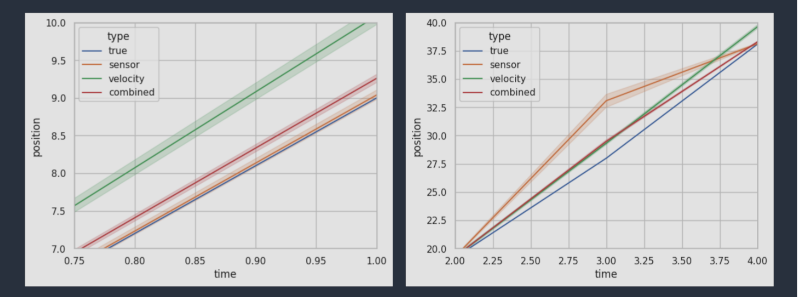For nearly a decade, Chattanooga has offered gigabit-per-second internet service to every household, promoted by EPB for making Chattanooga the Gig City.
But for all its fiber-optic backbone and internet speed, such broadband coverage still requires individuals to have the equipment and know how to take advantage of the advanced digital connections, which many still lack.
To help bridge the digital divide between users of the high-speed internet and those left out of the gig economy, the Enterprise Center has offered both training and equipment on how to use computers and the internet for the past five years through its Tech Goes Home program, which has graduated more than 10,000 people.
“This is an example of how Chattanooga works at its best,” Mayor Tim Kelly said during a celebration among graduates of the Tech Goes Home program. “This started under Mayor (Andy) Berke, and we continue to support it because it changes people’s lives. It’s great to have the world’s fastest internet, but that isn’t of much use to you if you don’t have a computer or you don’t know how to use the internet.”
Through partnerships with schools, public libraries, churches, nonprofits and other organizations, the program offers free courses designed to help residents develop skills and habits required for technology and internet use.
The 15-hour Tech Goes Home course helps participants learn how to navigate the internet and gives them basic computer skills to take advantage of Chattanooga’s digital assets. Graduates also are eligible to receive a portable Chromebook upon graduation.
 Contributed photo / Chatanooga Mayor Tim Kelly, center, talks with participants in a Tech Goes Home event last fall.
Contributed photo / Chatanooga Mayor Tim Kelly, center, talks with participants in a Tech Goes Home event last fall.Digital skills
Norma Chapman, a retired parole officer who lives in Brainerd, recently completed the Tech Goes Home course, which she said has helped her gain important skills.
“It was a tremendous help for me,” she said.
Caprice Wofford, an East Lake resident, has participated in three different Tech Goes Home training programs, including Tech Goes Home for the Arts, which helped Wofford to go to the Holmberg Arts Leadership Institute.
Navigating the web and other digital skills are increasingly vital in the workplace. The 2023 National Skills Coalition assessment found that workers that qualify for jobs that require even one digital skill can earn an average of 23% more than in a job requiring no digital skills. Moving from a job requiring no digital skills to one requiring at least three can increase pay by an average of 45%.
An estimated 92% of jobs require digital literacy, according to the Skills Coalition assessment.
But even retirees or those not in the workplace say they have benefited from the training in learning how to use Google Maps, search the internet for purchases and make medical appointments.
Gracelia Moore was one of the early graduates in Chattanooga of the program. Although she said she had worked with computers at work, Tech Goes Home helped her to gain the knowledge to better use the new computer she got through the program to make her own doctor appointments and learn about her community. She now helps others at the Senior Center.
“I know with the age group that we have at the Senior Center, it’s very important that they learn how to maneuver on the web on their computer,” she said.
From Boston
Deb Socia, the president of the Enterprise Center, brought the program to Chattanooga five years ago after pioneering a version of the digital literacy training initiative while working as a school principal in Boston. Socia later headed a national fight for expanded broadband coverage at Next Century Cities in Washington, D.C., which expanded on her Tech Goes Home efforts in Boston designed to expand access to broadband technology to more communities.
Socia came to Chattanooga to head the city-backed Enterprise Center in 2019 and has since taken Tech Goes Home statewide.
“Celebrating 10,000 participants is about so much more than just a number,” Socia said during a celebration of the 10,000 graduates Saturday. “For every graduate, there is a story and an impact that goes far beyond our classes.
Tech Goes Home Director Sammy Lowdermilk said the growth of the program “continues to show how much of a need exists for this type of resource, whether it’s for parents, teachers, older adults, entrepreneurs, artists or anyone who needs accessibility accommodations.”
Last year, Tech Goes Home began tech training for early childhood educators with a $1.3 million state grant.
Class sizes are limited and registration is required for any Tech Goes Home class. For more information or to apply for the free classes, call 423-521-2071 or visit techgoeshomecha.org.
Contact Dave Flessner at [email protected] or 423-757-6340.
 Staff photo / Deb Socia, executive director of the Enterprise Center, speaks during an interview in the Edney Building in 2019.
Staff photo / Deb Socia, executive director of the Enterprise Center, speaks during an interview in the Edney Building in 2019.
